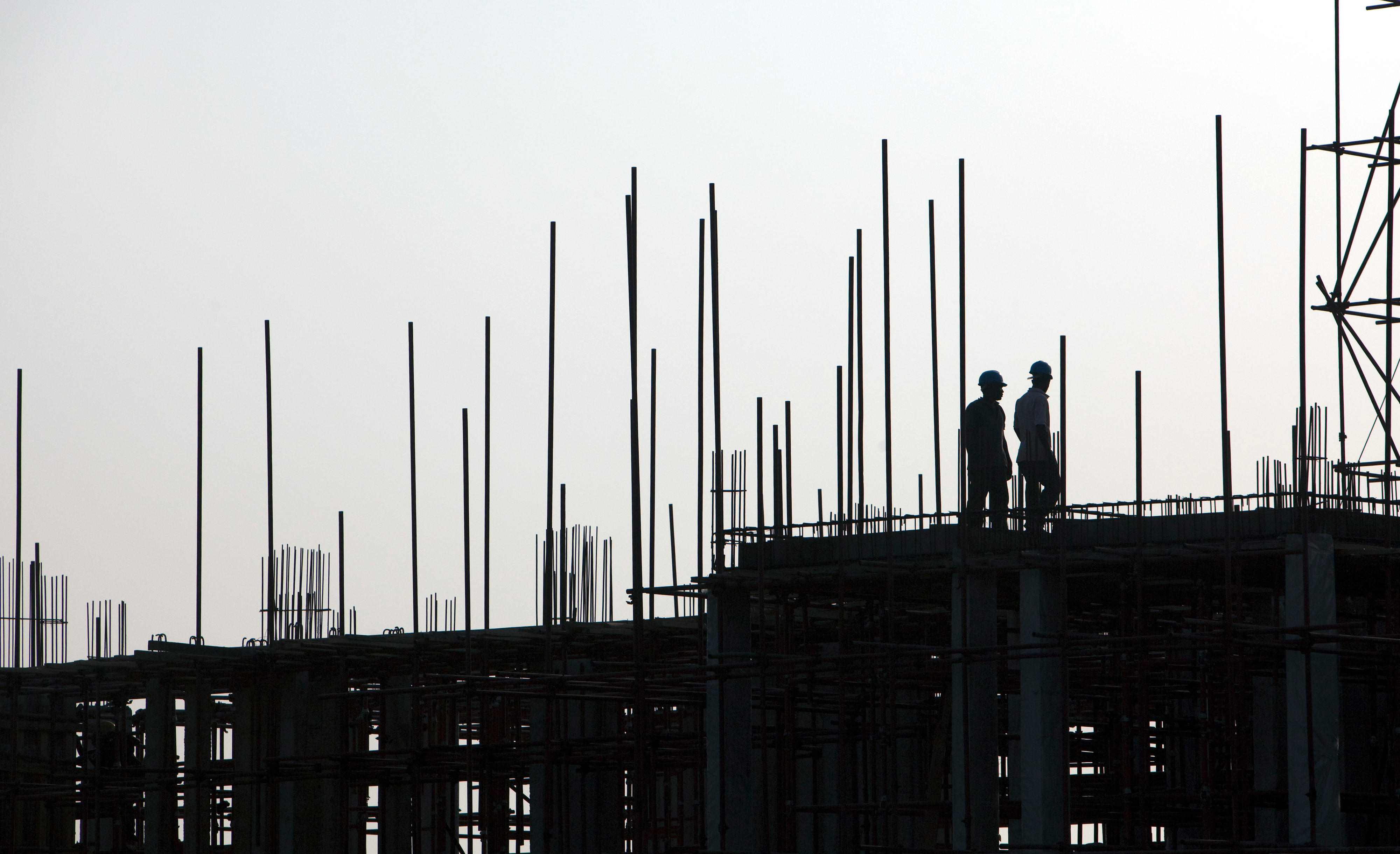Bulding site in Accra, Ghana
Copyright© Thomas Trutschel/photothek.net
Social situation Good progress achieved
Better medical care for pregnant women and extensive immunisation programmes have helped to continuously lower maternal and child mortality. There are still considerable deficits in terms of sanitation.
Poverty and underemployment
Overall, economic growth in recent years has not led to more jobs and hence to a reduction in poverty. Furthermore, Ghana’s government is not succeeding in generating sufficient revenue in order to be able to deliver important public services. Income disparities are high and the social divide between rich and poor is getting bigger and bigger. Poverty is especially widespread in rural areas: whereas roughly 33 per cent of the rural population is poor, in the cities that figure is about ten per cent.
More than 90 per cent of working age Ghanaians work in the informal sector and most of them lack both formal vocational training and social protection. Youth unemployment is officially around nine per cent and more than half of the Ghanaian population is underemployed.
The current Human Development Index (HDI) ranks Ghana 143rd out of the 193 countries assessed.
As at: 27/10/2023
